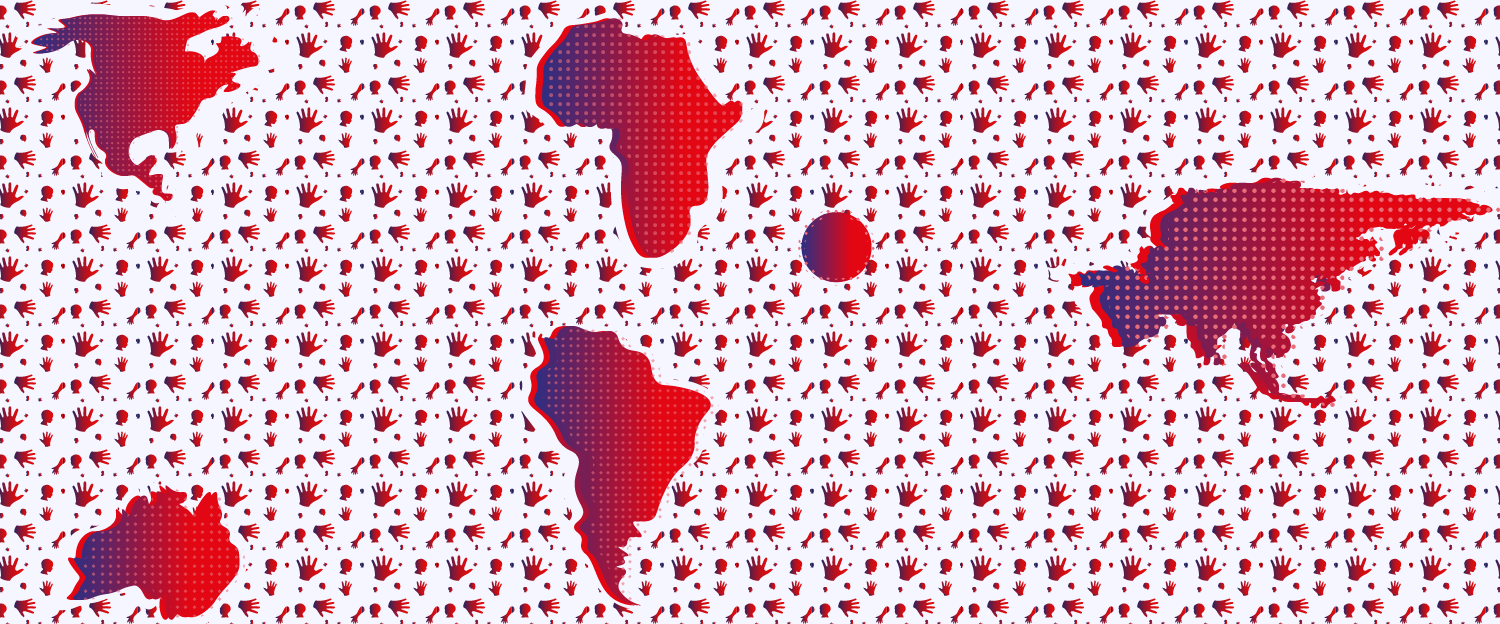As the COVID-19 outbreak developed and progressed, it became evident that Black, Asian and minority ethnic communities in the UK were at greater risk of death and were also over-represented in illness and hospitalisations as a result of COVID-19. Although the pandemic has shone a light on the stark inequalities in health experienced by Black and minority ethnic communities in the UK, these inequities have persisted for decades and perhaps we should question why they have not been addressed. A report by Public Health England (2020) put forward a complex interplay of structural, social, economic, political and environmental explanations for the disproportionate disparities experienced by workers in Black, Asian and minority ethnic communities. Not only were these workers more likely to be front line workers and therefore at greater risk of acquiring COVID-19 but, because of the structural racism that exists in organisations like the National Health Service (NHS) and transport services, Black and minority ethnic workers were less able to express their worries and concerns in workplaces where workplace bullying, discrimination and racism were rampant. However, COVID-19 has only laid bare existing racial inequalities in the UK and the USA.
COVID-19 has only laid bare existing racial inequalities in the UK and the USA.Several reports on the experience of Black and minority ethnic communities have been published from the 1980s to the present day outlining racial inequalities that persist in health and health care in a range of health services from mental health, diabetes, hypertension and inherited haemoglobinopathies (sickle cell anaemia and thalassaemia). Common themes emerged from the various reports:
- Black people are not listened to
- Black people are not believed
- Black people are not respected.
This results in racial inequalities that are observed and in the higher death rate of Black and minority ethnic people from a range of conditions. More research is needed to explain and explore these racial inequities. However, the persistent inequalities are linked to the racism and discrimination that Black and minority ethnic people experience in wider society and the systemic and institutional racism in health and social care services, education and the criminal justice system, to name a few.
Stereotypes abound regarding Black and minority ethnic people in relation to how pain is experienced, which are based on myths that have been perpetuated from the days of transatlantic slavery and ‘race science’ where Black bodies had been thought not to experience pain (for example, the experiments of Marion Sims who undertook surgical operations on the bodies of enslaved Black women in the 1840s without anaesthesia, in pursuit of the development of gynaecological advances).
Black women are 4 times more likely to die from complications of pregnancy and childbirth than white women.In 1996, I wrote about racial discrimination and the lack of appropriate service provision in relation to sickle cell anaemia, thalassaemia, coronary heart disease, diabetes, mental health and sexual and reproductive health (Douglas, 1966). Yet in 2021, 25 years later, the racial inequalities persist. Only recently (2019), a young man suffered a sickle cell crisis and rang 999 from his hospital bed because he was not receiving the help he needed and later died. In ‘No One’s Listening’ (2021), a report from an all-party Parliamentary Group on sickle cell and thalassaemia, pointed to serious care failings in acute services and evidence of attitudes underpinned by racism. A recent report published in November 2021 stated that Black women are 4 times more likely to die from complications of pregnancy and childbirth than white women. As stated by Schulz and Mullings (2006): ‘health disparities based on race/racism, class and gender/sexism are matters of life and death’, and this is particularly true in relation to maternal mortality and Black women.
If we are to fully understand the factors which influence the health of Black communities and develop policies and practices that address racial inequities in health we must develop and utilise intersectional conceptual frameworks for public health research. These conceptual frameworks will enable us to understand the impact of racism, sexism and classism as well as other oppressions on the health and health experiences of Black and minority ethnic communities.
As I have outlined, we have known about these racial inequities in health for at least 25 years and we need action now to ensure that they do not persist.



Rate and Review
Rate this video
Review this video
Log into OpenLearn to leave reviews and join in the conversation.
Video reviews